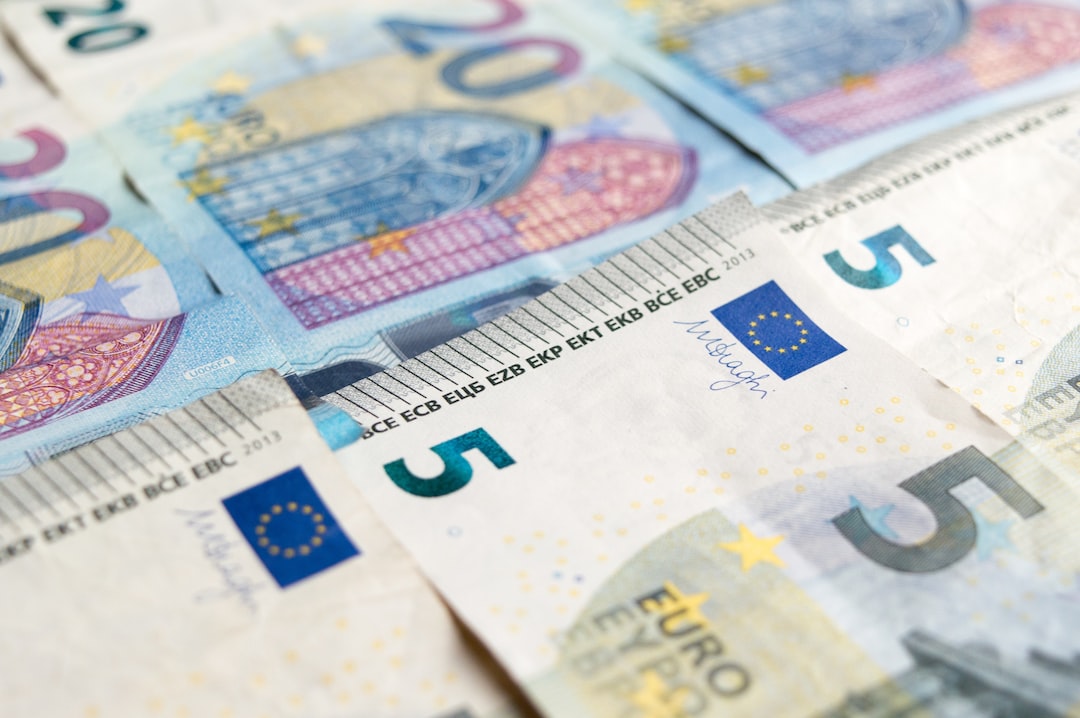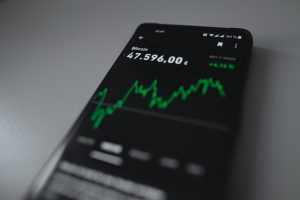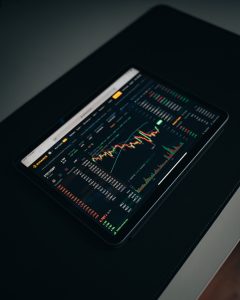Forex trading has become increasingly popular over the years, and with the rise of online trading platforms, it has become easier for individuals to participate in the forex market. However, behind every successful forex trade is a forex broker. A forex broker is an individual or company that provides traders with access to the foreign exchange market. Starting your own forex brokerage can be a lucrative business opportunity, but it requires careful planning and execution. In this article, we will explore the steps involved in starting your own forex brokerage.
Step 1: Research and Planning
Before starting your own forex brokerage, it is essential to conduct thorough research and planning. This includes understanding the forex market, the competition, and the regulatory requirements. You need to identify your target market and determine the services you will offer. You will also need to decide on the type of forex brokerage you want to start. There are two main types of forex brokerages: dealing desk and no dealing desk.
Dealing desk brokerages act as the counterparty to their clients’ trades. They make profits by earning the spread between the bid and ask price. No dealing desk brokerages, on the other hand, act as intermediaries between their clients and liquidity providers. They earn profits by charging a commission on each trade.
Step 2: Choose a Legal Structure
Once you have conducted your research and planning, you need to choose a legal structure for your forex brokerage. The most common legal structures for forex brokerages are sole proprietorship, partnership, limited liability company (LLC), and corporation. Each legal structure has its advantages and disadvantages, so it is important to consult with legal and financial experts before making a decision.
Step 3: Obtain Regulatory Licenses
Forex brokerages are heavily regulated, and obtaining the necessary licenses is a crucial step in starting a forex brokerage. The regulatory requirements vary depending on the country and region, but most countries require forex brokerages to be licensed by their financial regulatory authorities. In the United States, forex brokerages must register with the National Futures Association (NFA) and the Commodity Futures Trading Commission (CFTC). In the United Kingdom, forex brokerages must be authorized by the Financial Conduct Authority (FCA).
Step 4: Choose a Trading Platform
Choosing a trading platform is an important decision when starting a forex brokerage. The trading platform is the software that traders use to access the forex market. There are many trading platforms available, but the most popular ones are MetaTrader 4 (MT4) and MetaTrader 5 (MT5). These platforms are offered by many forex brokers and are customizable, user-friendly, and reliable.
Step 5: Set Up Banking and Payment Processing
Setting up banking and payment processing is another crucial step in starting a forex brokerage. You need to set up a bank account to hold client funds and to process deposits and withdrawals. You also need to set up payment processing systems to accept payments from clients. It is important to choose a reputable payment processor that is secure and reliable.
Step 6: Hire Staff
Starting a forex brokerage requires a team of professionals with expertise in different areas. You need to hire staff to handle customer service, compliance, marketing, and technical support. It is important to hire experienced professionals who can ensure that your forex brokerage operates smoothly and efficiently.
Step 7: Develop a Marketing Strategy
Developing a marketing strategy is essential to attract clients to your forex brokerage. You need to identify your target market and develop a marketing plan that will reach them. This may include social media marketing, paid advertising, email marketing, and content marketing. It is important to have a strong online presence and to provide valuable content to attract and retain clients.
Starting your own forex brokerage can be a lucrative business opportunity, but it requires careful planning and execution. You need to conduct thorough research and planning, choose a legal structure, obtain regulatory licenses, choose a trading platform, set up banking and payment processing, hire staff, and develop a marketing strategy. With the right team, technology, and marketing strategy, you can build a successful forex brokerage that provides traders with access to the foreign exchange market.





